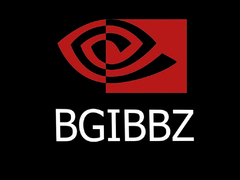OEM PC to Freenas
-
Featured Topics
-
Topics
-
TheDarkLoS ·
Posted in New Builds and Planning0 -
0
-
bensinspade ·
Posted in Graphics Cards4 -
CloseTheDoor ·
Posted in New Builds and Planning7 -
0
-
pchelp ·
Posted in CPUs, Motherboards, and Memory14 -
pontikos ·
Posted in Troubleshooting2 -
10
-
wolfgangam ·
Posted in Windows3 -
0
-















Create an account or sign in to comment
You need to be a member in order to leave a comment
Create an account
Sign up for a new account in our community. It's easy!
Register a new accountSign in
Already have an account? Sign in here.
Sign In Now